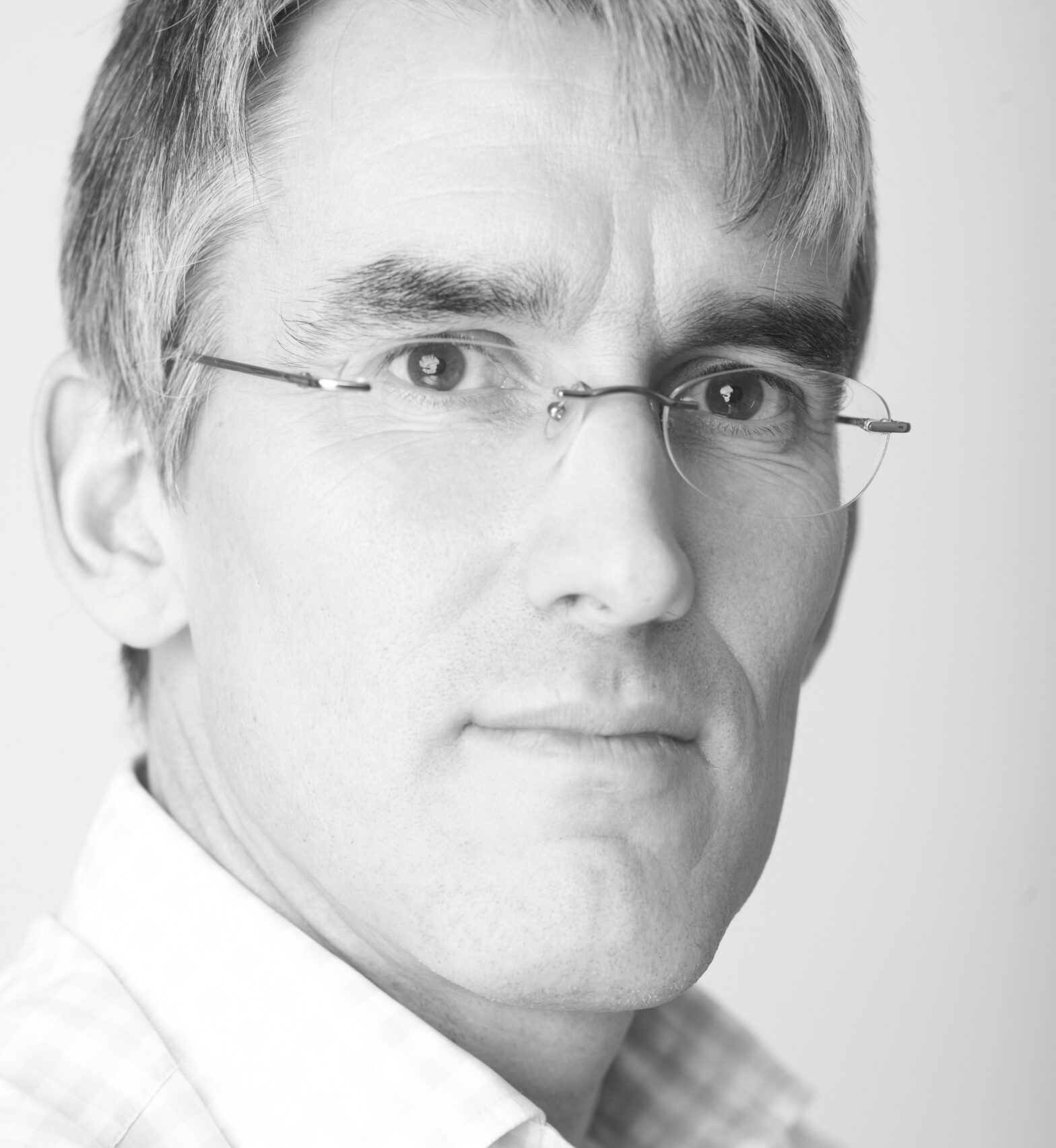Guy Nixon, CEO of Native runs one of the largest operators of aparthotels in the UK with current and pipeline sites in London, Manchester, Birmingham, Leeds and Glasgow and a total of £1.7 billion of assets under management.
When was the company founded and why?
Native was founded in 1998 when I became tired of extended stays in hotels as an investment banker. I spotted a gap in the market for a proposition that enabled extended stay corporate and leisure travellers to enjoy all the benefits of apartment living, coupled with the service and flexibility of a hotel.
For some time, I had been looking for a business idea that would unleash me from the pressures of corporate life and the result was a company that would become a precursor to sites such as One Fine Stay and AirBnB.
Offering a ‘Native’ experience is central to the company’s ethos, with guests benefitting from an authentic taste of local life as part of their stay. It is an idea that would later catch on with a massive rise in the popularity of homestay accommodation.
Today, Native has 25 buildings with 3,000 beds under management and in their development pipeline in key cities across the UK including London, Manchester, Birmingham, Leeds and Glasgow.
The European market is firmly on the horizon with the firm looking at sites in Dublin, Amsterdam, Paris, Frankfurt and Berlin.
How much initial investment did the company need to start and where did it come from?
I first tested the waters by posting an advert The New York Times offering his own two-bed flat in London for rent to US business travellers. When I was inundated with responses, I knew that I was on to something.
The business was started with £50,000 and just a desk and a phone. The initial money was spent on developing a website, marketing material and PR trips.
Working on behalf of individual owners, I would publicise details of the accommodation on offer on the website whilst working furiously to establish the concept of as an attractive alternative to the traditional hotel market. Creating opportunities for journalists to taste the experience also helped to raise awareness and Native was soon organising short-term rentals for corporate clients Bank of America, Merrill Lynch and ABN AMRO.
What marketing did the company employ to maximise exposure?
Direct marketing played a key role in the early stages of the company. This was focused around a small number of client targets who I knew would have a big demand for the product from my days in the corporate world, resulting in a high level of exposure very early on.
One particularly successful press trip to the US, saw Native taking key editors of titles such as Town & Country Magazine and Triple A Magazine (US automobile magazine of America) to try out the new concept, with the resulting press coverage drawing in lots of new business.
Talk about the company’s growth trajectory.
Winning Accenture as a client in 2002 was a major turning point in the business, after which Native experienced rapid growth. The contract provided accommodation for 450 people in Leeds in a series of properties that had recently been built and sold to BTL investors.
Before that, the business had survived a few difficult years with the dotcom bubble bursting in 2000 and the 9/11 terrorist attack both having an impact on internet-based businesses and those involved in the long-haul travel market.
The first round of investment came from angel investors in 2001 and was in the region of £250,000. In 2008, a Middle Eastern shareholder injected £750,000 into the business.
When Ares, one of the world’s largest asset managers, got behind the business in 2016, the company was able to reach its current position as one of the UK’s largest aparthotel and build-to-rent operators with a total of £1.7bn of assets under management.
How important is an inspirational figurehead to a scale-up company?
It is really important to have someone with a vision and that they hold true to it through good and bad times. If a leader retains their confidence in the business, so will the rest of the team and this obviously makes a huge difference to morale and productivity. Everyone has to trust and believe.
After that, creativity is a skill that can really benefit a leader. With a strong belief as the basis, creativity is the force which brings an idea to life. If you can do it in a way that is different to the competition, all the better.
There is a great poem by Johann Wolfgang von Goethe which perfectly fits my beliefs about entrepreneurship:
“Until one is committed, there is hesitancy, the chance to draw back, always ineffectiveness. Concerning all acts of initiative and creation, there is one elementary truth the ignorance of which kills countless ideas and splendid plans: that the moment one definitely commits oneself, then providence moves too.”
What specific advice would you give to scale-up companies looking to build their company to exit?
Clearly you need to have a proven business model and something that is scalable with a strong market demand. The concept has to be proven with a solid operation that is delivering and ideally, a pipeline of new assets to drive future growth.






